-
ABOUT THE AUTHOR
Rebecca Gotlieb
Rebecca Gotlieb, Ph.D. is a human developmental psychologist and educational neuroscientist. Her research focuses on individual differences in social, emotional, cognitive, and brain development from early childhood through adolescence and young adulthood with implications for education. Dr. Gotlieb is a Postdoctoral Research Fellow in the Center for Dyslexia, Diverse Learners, and Social Justice at the University of California, Los Angeles. She completed a Ph.D. in the University of Southern California's Center for Affective Neuroscience, Development, Learning and Education as a National Science Foundation Graduate Research Fellow. She received a Bachelor's degree in Psychology and Brain Sciences and membership in Phi Beta Kappa from Dartmouth College.
Tags
ADHD adolescence attention autism book review boundary conditions classroom advice conference speakers constructivism/direct instruction creativity desirable difficulty development dual coding elementary school embodied cognition emotion evolution exercise experts and novices gender high school homework intelligence long-term memory math methodology middle school mind-wandering mindfulness Mindset motivation neuromyths neuroscience online learning parents psychology reading retrieval practice self-control skepticism sleep STEM stress technology working memoryRecent Comments
- "All People Learn the Same Way": Exploring a Debate |Education & Teacher Conferences on The Goldilocks Map by Andrew Watson
- URL on Difference Maker: Enacting Systems Theory in Biology Teaching, by Christian...
- URL on The Distracted Mind: Ancient Brains in a High-Tech World by...
- Celular na Escola: novas regras transformam o ambiente de ensino - O Mundo no Seu Bolso on Cell Phones in the Classroom: Expected (and Unexpected) Effects
- Is "Cell Phone Addiction" Really a Thing? |Education & Teacher Conferences on Laptop Notes or Handwritten Notes? Even the New York Times...
ABOUT THE BLOG
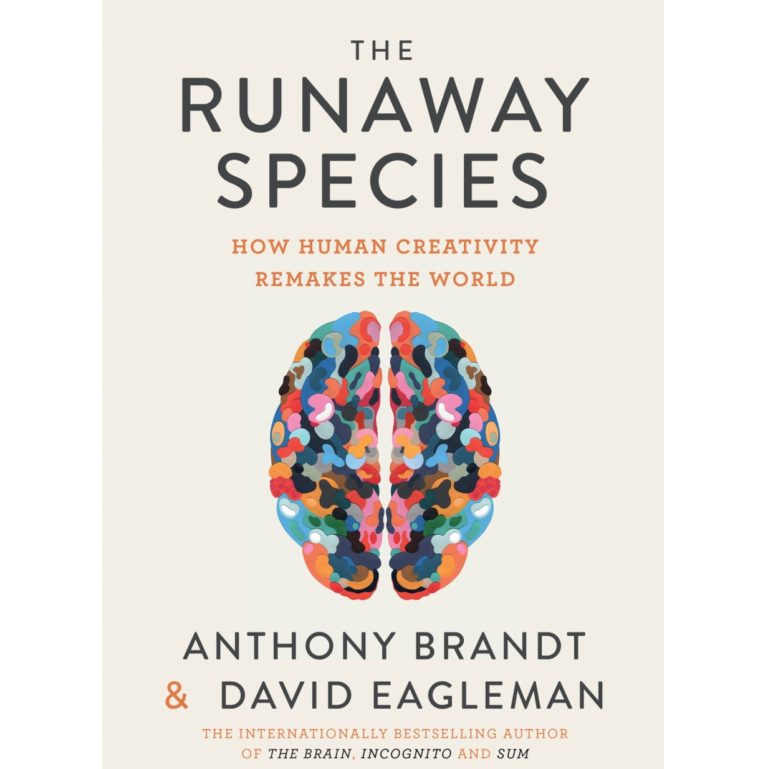
The Runaway Species: How Human Creativity Remakes the World by...
Humans are driven to create and innovate. In fact, this drive is what fuels our…
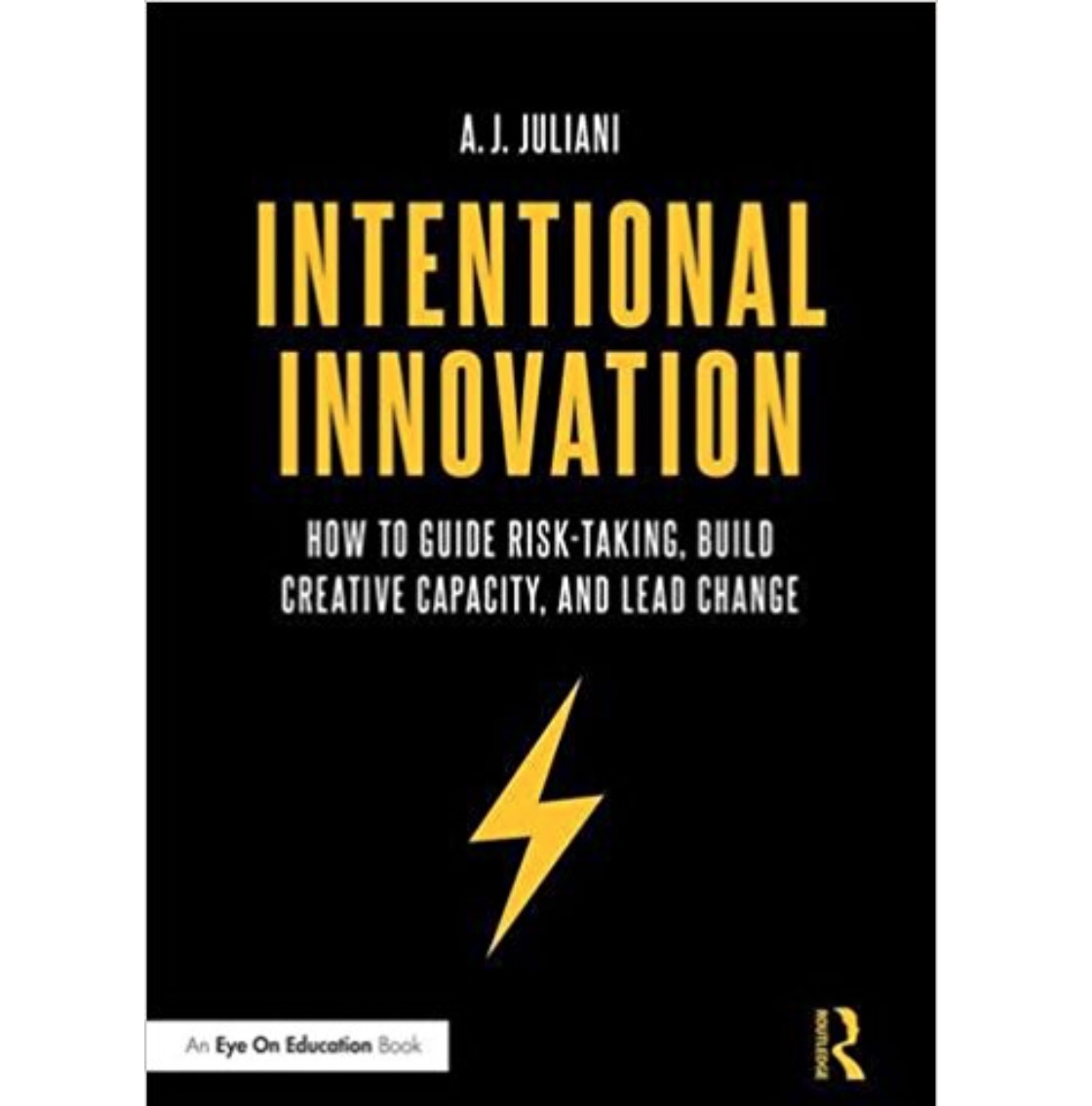
Intentional Innovation: How to Guide Risk-Taking, Build Creative Capacity, and...
How can educators prepare students for an uncertain future? A.J. Juliani, a former middle and…
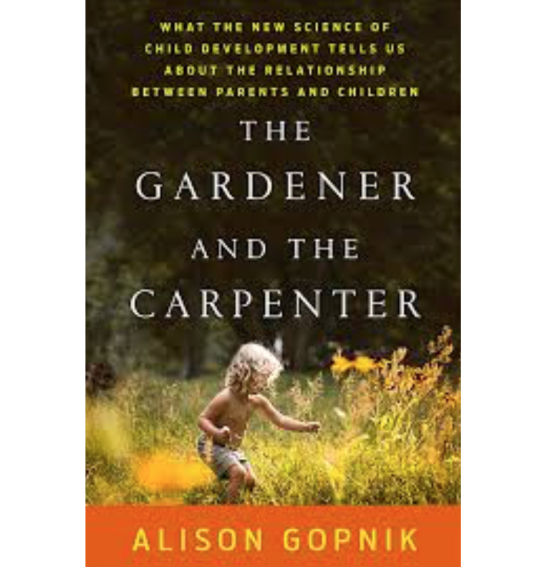
The Gardener and the Carpenter: What the New Science of...
Parents—a noun, something an individual may be—have existed for as long as there have been…

Against Empathy: The Case for Rational Compassion by Paul Bloom
“Empathy can motivate kindness to individuals that makes the world better.” Paul Bloom, the Brooks…
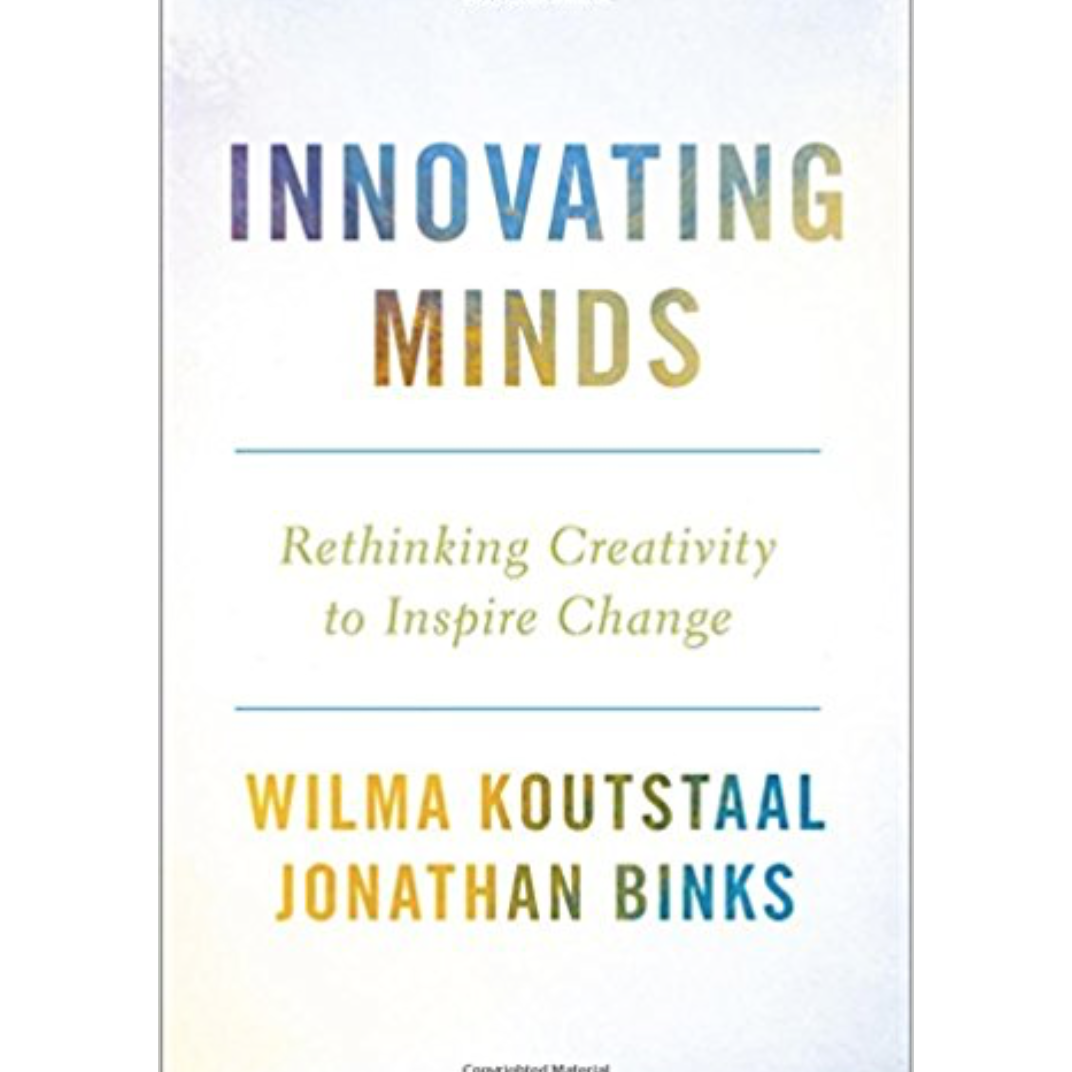
Innovating Minds: Rethinking Creativity to Inspire Change by Wilma Koutstaal...
How can creativity and innovation give rise to positive changes in ourselves and the world…
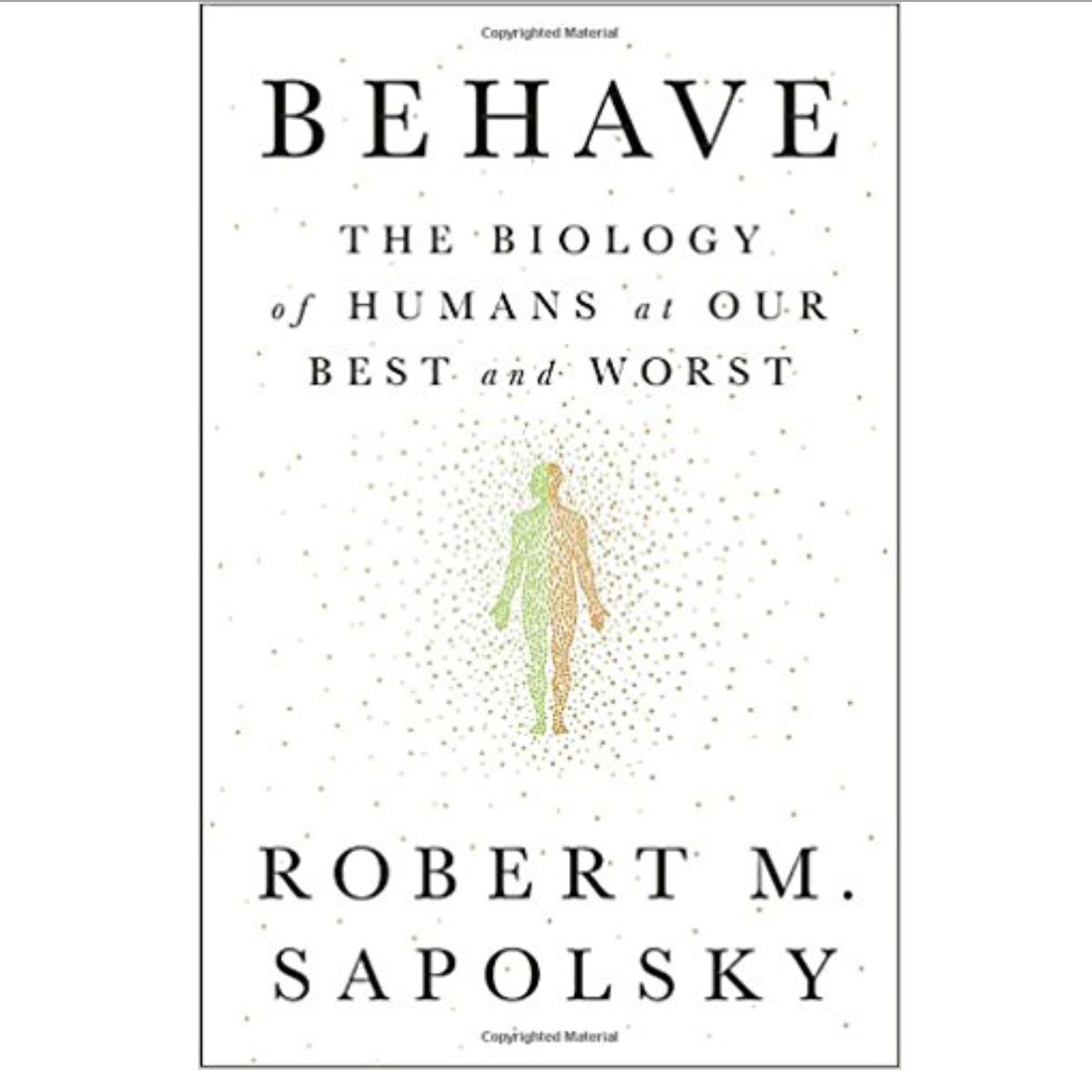
Behave: The Biology of Humans at Our Best and Worst...
Humans are capable of horrifying aggression, dehumanization, destruction, and violence and at the same time…
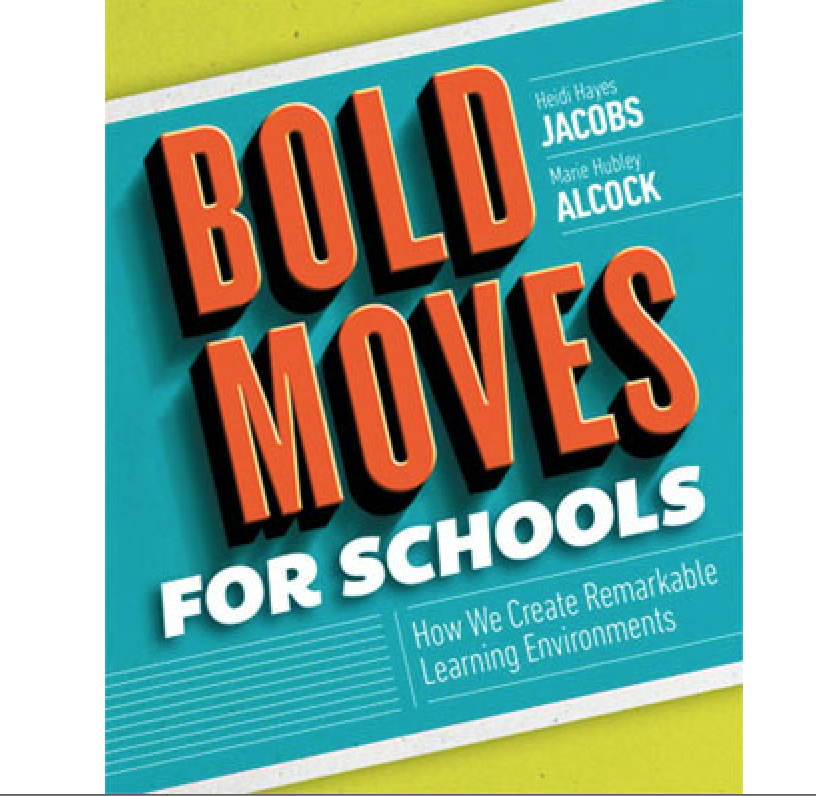
Bold Moves for Schools: How We Create Remarkable Learning Environments...
Today’s learners have different needs than those of yesterday. Educators and policy makers, therefore, need…
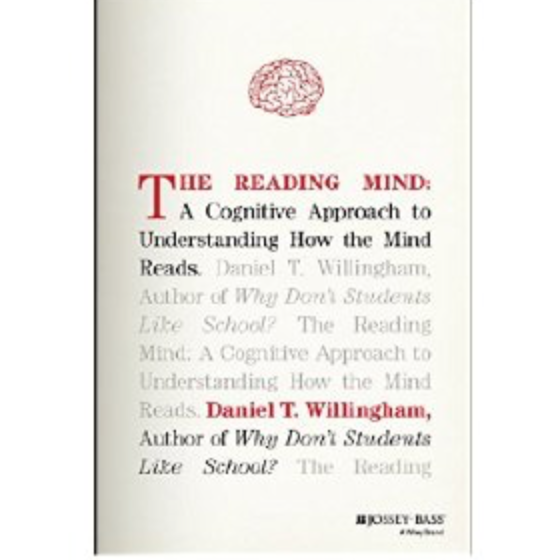
The Reading Mind: A Cognitive Approach to Understanding How the...
Reading is a complex cognitive task. How is it that our minds are able to…
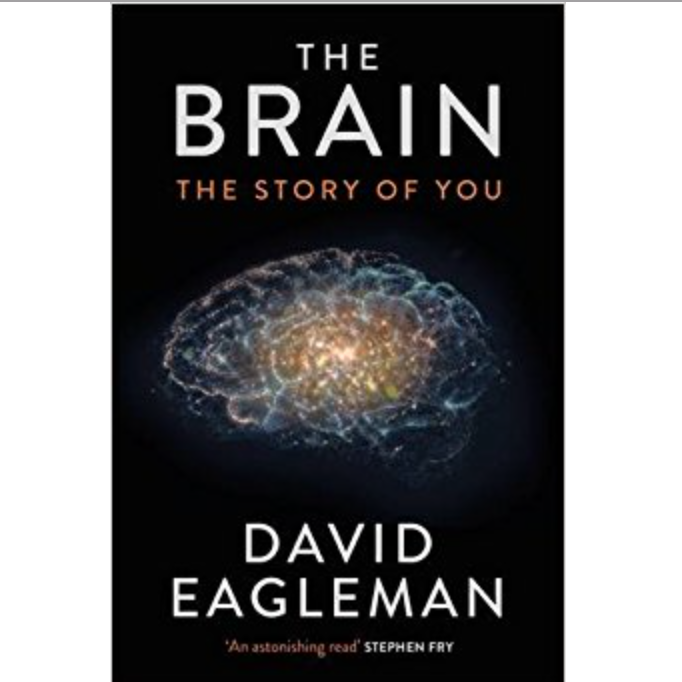
The Brain: The Story of You by David Eagleman
As an easy-to-read and engaging textbook or as a scientifically accurate and detailed popular psychology…
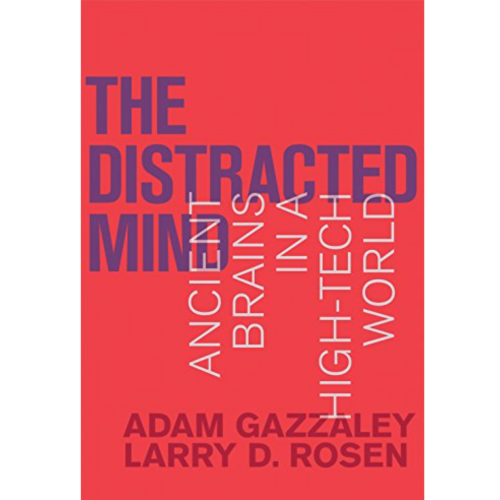
The Distracted Mind: Ancient Brains in a High-Tech World by...
People are inherently information seekers. In today’s high-tech world this tendency can draw us to…

